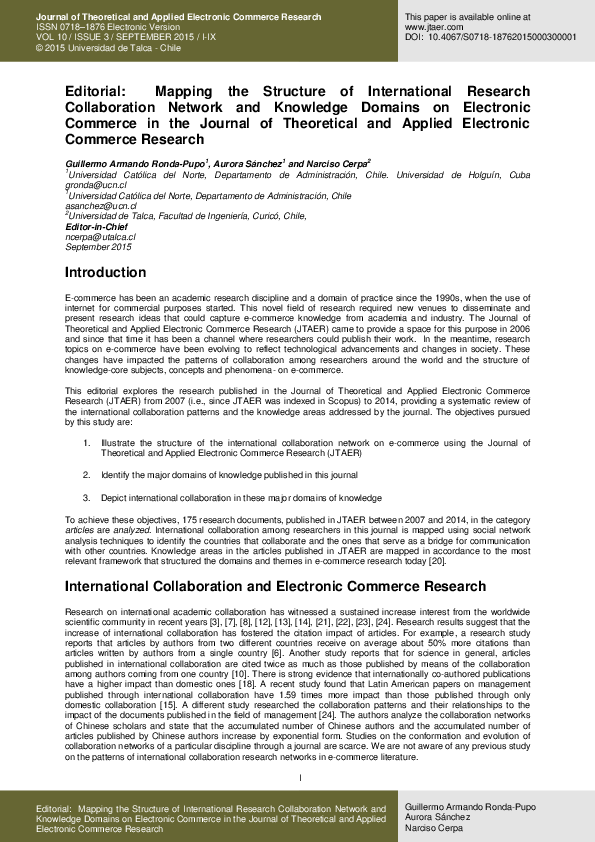Dynamic Incentive Mechanisms for Collaborative Innovation of Green Supply Chain Considering Digital Capability and Consumer Green Preference
IF 5.1
3区 管理学
Q1 BUSINESS
Journal of Theoretical and Applied Electronic Commerce Research
Pub Date : 2024-05-29
DOI:10.3390/jtaer19020065
引用次数: 0
Abstract
In light of increasingly prominent environmental issues, inspiring green supply chain (GSC) members to engage in collaborative innovation is crucial to improve environmental performance. In this paper, in relation to a two-level GSC consisting of manufacturers and suppliers, differential equations involving the greenness of intermediate and final products as state variables are constructed considering the effect of digital capability on green innovation. Subsequently, designs for three incentive mechanisms—the greenness reward, the R&D effort reward, and the digital construction reward—are presented, and their long-term dynamic effects on the economic, environmental, and social benefits are compared and analyzed. Finally, the impacts of consumer green preference and the contribution of digital capability to the advancement of green innovation are explored. The findings show that all these incentives can boost economic, environmental, and social benefits while motivating the supplier. To achieve the best incentive effect, the reward coefficient should fall within a specific range. The digital construction reward mechanism is the most favourable in the initial stage, while the R&D effort reward mechanism is the most appropriate in the long term. The promotion effects of digital capability on green innovation and consumer green preference have the potential to enhance economic, environmental, and social performance.考虑数字化能力和消费者绿色偏好的绿色供应链协同创新动态激励机制
鉴于日益突出的环境问题,激励绿色供应链(GSC)成员参与协同创新对于提高环境绩效至关重要。本文针对由制造商和供应商组成的两级绿色供应链,考虑到数字能力对绿色创新的影响,构建了以中间产品和最终产品的绿色程度为状态变量的微分方程。随后,介绍了三种激励机制--绿色度奖励、研发努力奖励和数字化建设奖励--的设计,并比较和分析了它们对经济、环境和社会效益的长期动态影响。最后,还探讨了消费者绿色偏好的影响以及数字化能力对推动绿色创新的贡献。研究结果表明,所有这些激励措施都能提高经济、环境和社会效益,同时调动供应商的积极性。为达到最佳激励效果,奖励系数应在特定范围内。数字化建设奖励机制在初期阶段最有利,而研发努力奖励机制在长期阶段最合适。数字化能力对绿色创新和消费者绿色偏好的促进作用有可能提高经济、环境和社会绩效。
本文章由计算机程序翻译,如有差异,请以英文原文为准。
求助全文
约1分钟内获得全文
求助全文
来源期刊
CiteScore
9.50
自引率
3.60%
发文量
67
期刊介绍:
The Journal of Theoretical and Applied Electronic Commerce Research (JTAER) has been created to allow researchers, academicians and other professionals an agile and flexible channel of communication in which to share and debate new ideas and emerging technologies concerned with this rapidly evolving field. Business practices, social, cultural and legal concerns, personal privacy and security, communications technologies, mobile connectivity are among the important elements of electronic commerce and are becoming ever more relevant in everyday life. JTAER will assist in extending and improving the use of electronic commerce for the benefit of our society.

 求助内容:
求助内容: 应助结果提醒方式:
应助结果提醒方式:


